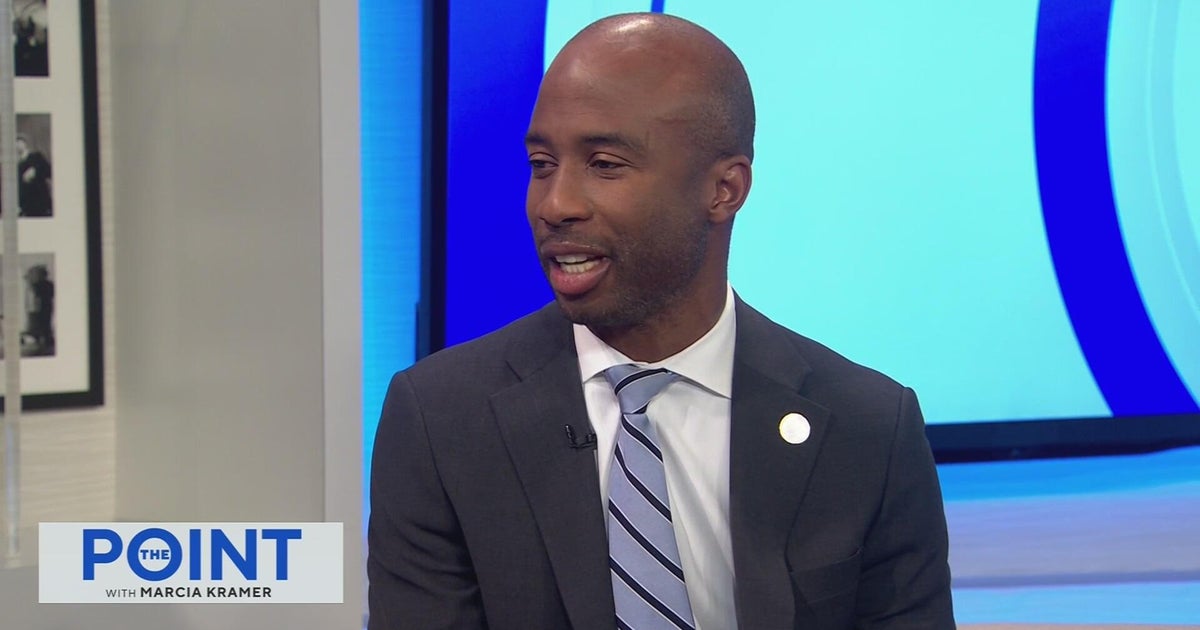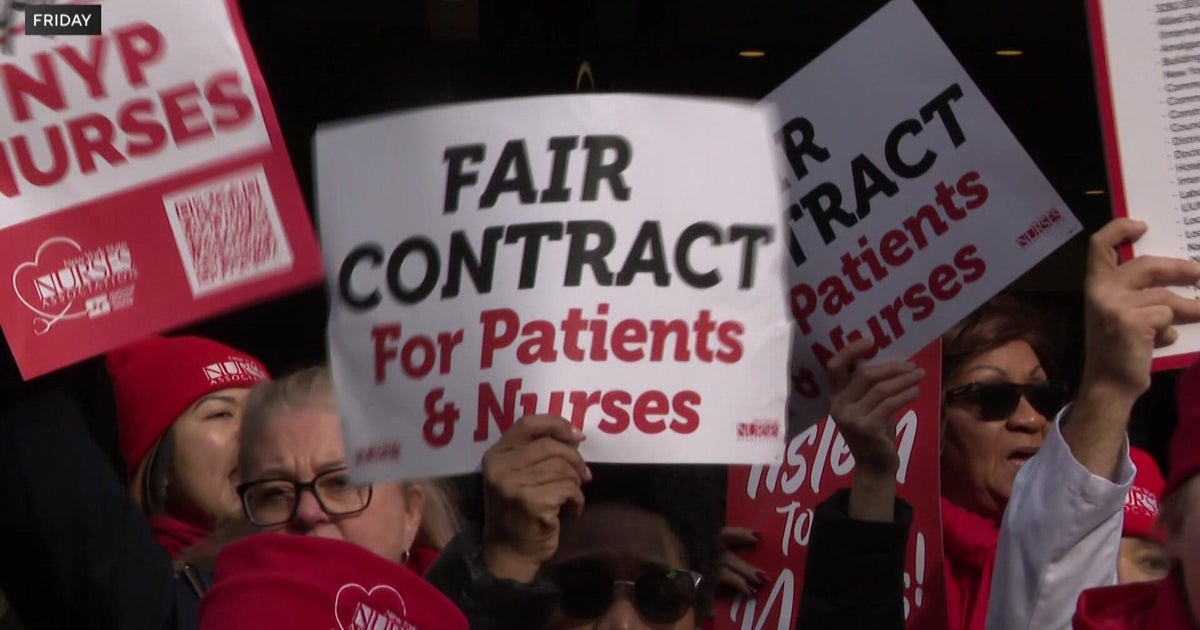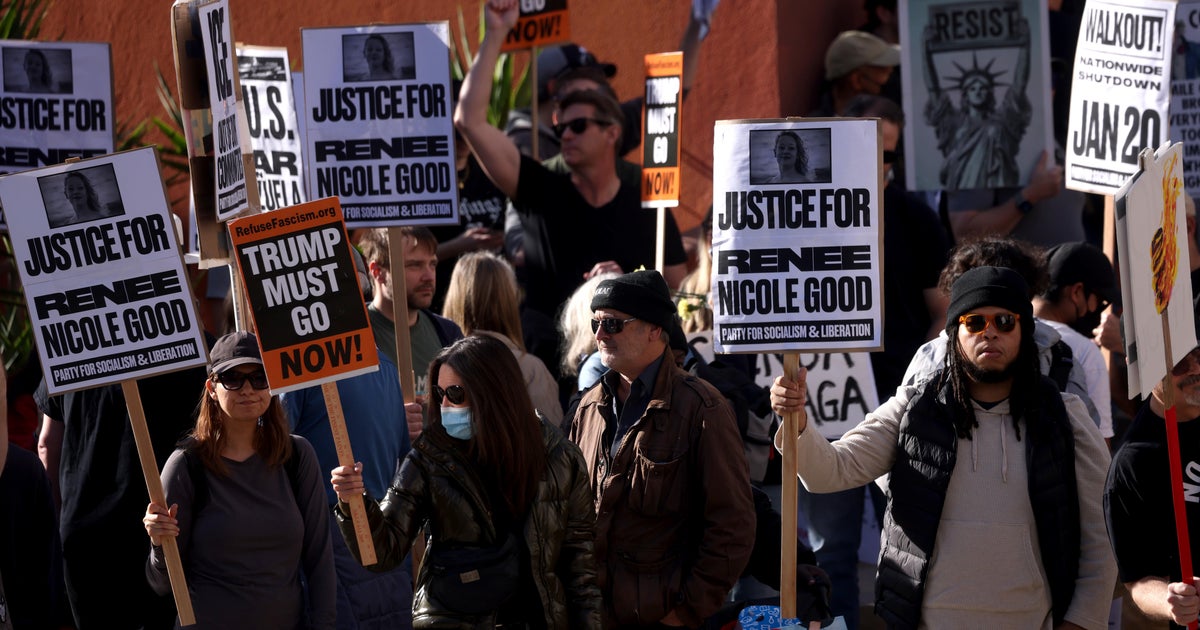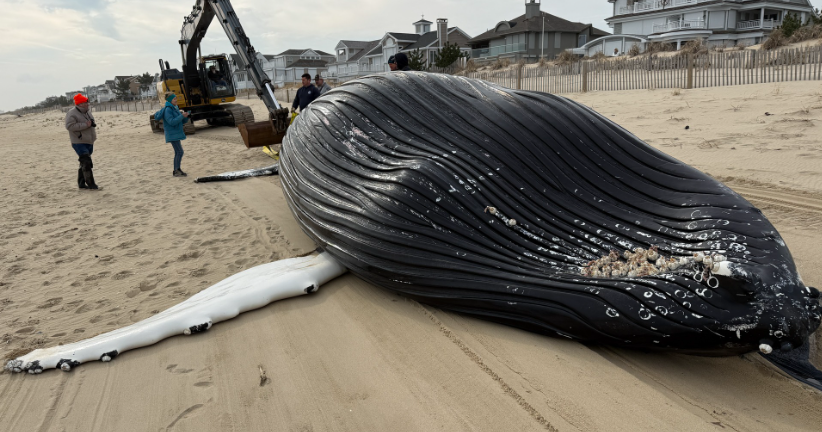NEW YORK (CBS News) — Stocks reversed course and fell sharply on Friday as the U.S. considers an even larger round of tariffs on imports from China and the two countries exchange pointed statements.
Stocks have changed direction repeatedly this week as investors weighed whether a trade dispute between the two nations will escalate, an outcome that could have major consequences for the global economy. The market didn't get any help from a March jobs report that was weaker than expected, with only 103,000 jobs added.
The Dow fell more than 700 points, or 2.4 percent, in afternoon trading, with companies most exposed to a U.S.-China trade war taking the biggest hit. The S&P 500 index, tech-heavy Nasdaq and Russell 2000 index of smaller-company stocks also slumped.
The Dow, which contains numerous multinational companies including industrial powerhouses Boeing and Caterpillar, has swung dramatically this week, with about 1,300 points separating its highest and lowest marks. It fell as much as 758 points Monday, then recovered all of those losses, and late Thursday it was up as much as 519 points for the week.
Caterpillar, a construction equipment maker, shed $4.58, or 3.1 percent, to $143.55, while farm equipment company Deere sank 2.3 percent. Aerospace giant Boeing lost 2.2 percent.
Industrial companies might face the worst pain from tariffs, as they could find themselves dealing with higher costs for components imported into the U.S. while the duties on their goods in China harm their sales. Technology companies and banks also took losses.
The Trump administration spent the past few days reassuring investors that it's not rushing into a trade war, and China's government has done the same. But late Thursday, President Trump ordered the U.S. Trade Representative to consider placing tariffs on $100 billion in duties on Chinese imports.
China said it would "counterattack with great strength" if he that happens. Mr. Trump criticized the World Trade Organization on Twitter Friday morning, saying it had been unfair to the U.S.
"There is the potential of a trade war," Treasury Secretary Steven Mnuchin said on CNBC Friday afternoon, while noting that he is "cautiously optimistic that we'll be able to work this out."
At the start of the week, the U.S. announced plans to put tariffs on $50 billion in goods imported from China, and the Chinese government responded with measures of equal size. Stocks plunged on Monday, but they rallied over the next few days as officials from both countries said they were open to talks and that the tariffs might never go into effect.
"I think part of the correction was reasonable in the sense that the markets have still been up a ton since the election."
With administration officials sounding conciliatory one day and more hostile the next and the president always quick to fire off another tweet, investors simply don't know what the U.S. wants to achieve, said Katie Nixon, chief investment officer for Northern Trust Wealth Management.
"The process itself seems to be quite chaotic," she said. "We're not quite sure what the long term strategy is."
Technology companies make a lot of their sales in Asia and they have struggled as Wall Street worries about a slowdown in global economic growth. Optimism about the world economy has helped many tech companies make huge gains in the last year.
CBS News' Jillian Harding contributed reporting.







